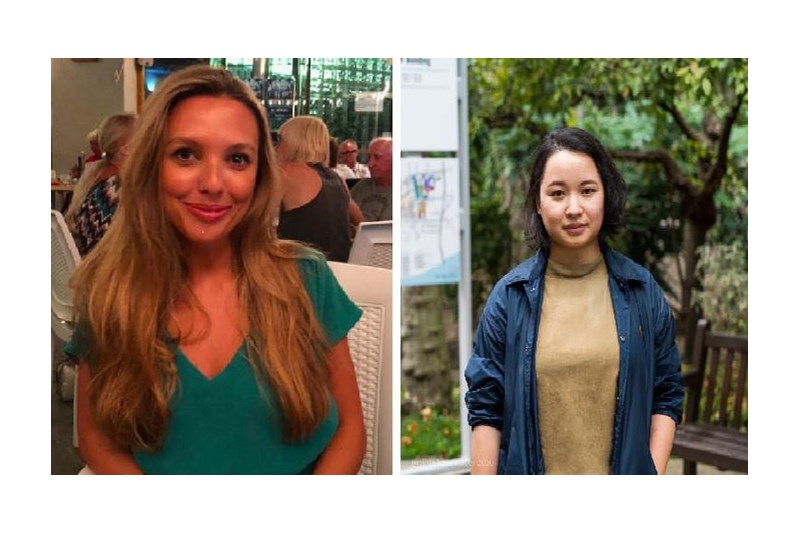BSPD announces winners of the 2022 Max Horsnell Travel Award and National Student Elective Prize
Published: 23/06/2022
The winners of the 2022 Max Horsnell Travel Award and National Student Elective prize are announced June 14, 2022, by the British Society of Paediatric Dentistry (BSPD). These annual awards recognise vision and endeavour in the field of paediatric dentistry. These BSPD prizes are awarded each year following a judging process for both that is overseen by three members of BSPD’s Conference Abstract and Prize Committee (CAPC).
Annabelle Carter won the BSPD Max Horsnell Travel Award 2022
The British Society of Paediatric Dentistry established this travel bursary to support BSPD members (excluding consultants and equivalent academic grades) who wish to present a poster or oral communication at scientific meetings of the European Academy of Paediatric Dentistry or the International Association of Paediatric Dentistry. An award of £500 is given towards travel costs to relevant dentistry conferences per annum.
Annabelle Carter from the Leeds Dental Institute submitted the winning paper entitled, Oral Health and Respiratory Health of Tube-Fed Children. This is an abstract for EAPD Conference 2022, Lisbon. The objective of her poster is to determine the incidence of significant chest infections or aspiration pneumonia (CI/AP) for tube-fed children in Bradford, understanding the risk variables and the oral health of tube-fed children with a history of CI/AP. Between 2018-2020, 92 patient records were reviewed. Conclusions showed that tube-fed children are susceptible to respiratory infections and present with varying oral health. Further research is required to understand the link between oral and respiratory health and what dental treatment regimens are required to optimise the health of these vulnerable children.
Lilam Rai won the BSPD National Student Elective Prize 2022
This competition was open to BSPD student members who are intending to undertake an elective project within the year. Students submitted a maximum of 250 words, describing their proposed elective project involving the dental health of children. Once completed, the winning student must submit a short report on their project. One award of the value of £300 is given for the National Student Elective Prize to support the student’s elective project.
Lilam Rai from King’s College London submitted the winning elective project entitled, Dental aid to the children of Nepal. Lilam explained that dental professionals can grow personally and professionally when they step beyond the walls of their dental practice. With this in mind, Lilam will be using this elective as an opportunity to go back to her country of birth, Nepal, and give back to the community where people are devoid of basic dental care and oral health education.
During Lilam’s elective, she will be joining a charity organisation, ‘Travel Dentistry Nepal’, run by Nepali dentists. She will visit the only community school present in a rural village called Sekham, where around 300 children, aged five to 18, study.
She will apply the skills learned from dental school to provide dental check-ups and supervised treatments to children. She will also extend oral care to children from Sekham who are not in full-time education. The treatments provided will range from prevention using fluoride varnish and/or fissure sealant, restorations with either glass ionomer cement, amalgam and/or composite, as well as extractions. She and her team expect to treat around 500 children over the course of ten days. In addition, she will help deliver oral health education and demonstrate good oral hygiene techniques to the children and their parents. They will also be distributing free oral hygiene aids.
Dr Chris Vernazza, chair of the BSPD Conference Abstracts and Prizes Committee said, “We were impressed with the high number and quality of the applications for both prizes this year for the Max Horsnell Travel Award and National Student Elective Prize. The vision and insight demonstrated by applicants indicates a bright future for the paediatric dentistry profession.”
Author: N/A









.jpg?width=150&height=100&scale=canvas)



